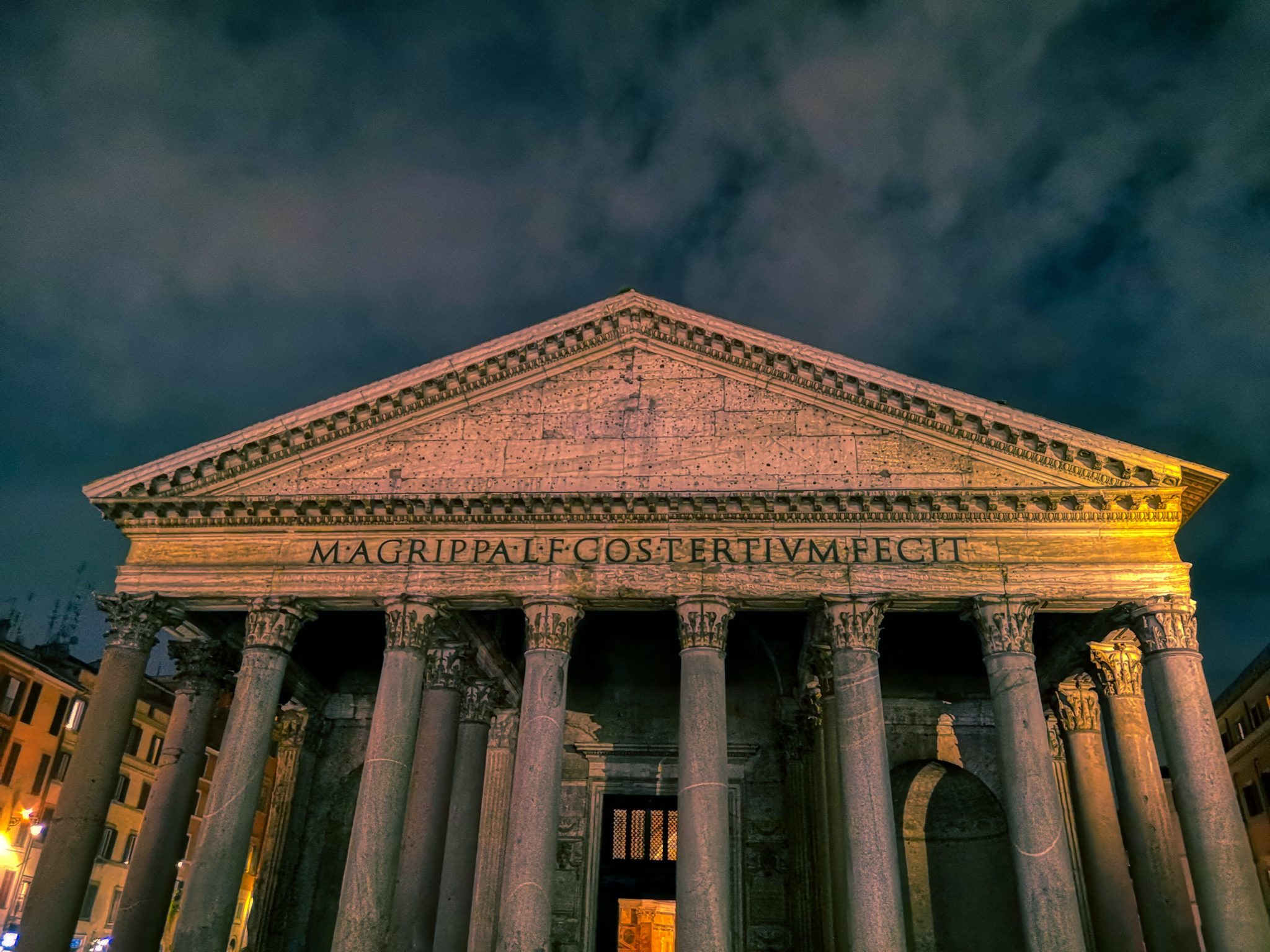Most Recent News


Popular News



Reviewing a key section from Revolt Against the Modern World by Julius Evola - Historical insight on the life and death of civilizations

We’re continuing the review of historical anacyclosis-related texts with Julius Evola, a noteworthy traditionalist.
He draws heavily on the work done by both de Gobineau and Nietzsche.
Evola states in his work “Revolt Against the Modern World”:
Among various writers, de Gobineau is the one who probably better demonstrates the insufficiency of the majority of the empirical causes that have been adduced to explain the decline of great civilizations. He showed, for instance, that a civilization does not collapse simply because its political power has been either broken or swept away: “The same type of civilization sometimes endures even under a foreign occupation and defies the worst catastrophic events, while some other times, in the presence of mediocre mishaps, it just disappears”. Not even the quality of the governments, in the empirical (namely, administrative and organizational) sense of the word, exercises much influence on the longevity of civilizations. De Gobineau remarked that civilizations, just like living organisms, may survive for a long time even though they carry within themselves disorganizing tendencies in addition to the spiritual unity that is life of the one common Tradition
[…]
Not even the so-called corruption of morals, in its most profane and moralistically bourgeois sense, may be considered the cause of the collapse of civilizations; the corruption of morals at most may be an effect, but it is not the real cause. In almost every instance we have to agree with Nietzsche, who claimed that wherever the preoccupation with “morals” arises is an indication that a process of decadence is already at work; the mos of Vico’s “heroic ages” has nothing to do with moralistic limitations. The Far Eastern tradition especially has emphasized the ideas that morals and laws in general (in a conformist and social sense) arise where “virtue” and the “Way” are no longer known
[…]
Rites, institutions, laws, and customs may still continue to exist for a certain time; but with their meaning lost and their “virtue” paralyzed they are nothing but empty shells. Once they are abandoned to themselves and have become secularized, they crumble like parched clay and become increasingly disfigured and altered, despite all attempts to retain from the outside, whether through violence or imposition, the lost inner unity. As long as a shadow of the action of the superior element remains, however, and an echo of it exists in the blood, the structure remains standing, the body still appears endowed with a soul, and the corpse—to use to image employed by de Gobineau—walks and is still capable of knocking down obstacles in its path. When the last residue of the force from above and of the race of the spirit is exhausted, in the new generations nothing else remains; there is no longer a riverbed to channel the current that is now dispersed in every direction. What emerges at this point is individualism, chaos, anarchy, a humanist hubris, and degeneration in every domain. The dam is broken. Although a semblance of ancient grandeur still remains, the smallest impact is enough to make an empire or state collapse and be replaced with a demonic inversion, namely, with the modern, omnipotent Leviathan, which is a mechanized and “totalitarian” collective system.
Julius Evola. Revolt Against the Modern World. Chapter 9, Life and Death of Civilizations. Page 55-56, 59.
Evola, de Gobineau, and Nietzsche all bring up important points regarding the spiritual piece of the life and death of civilizations.
Even if we were to build the most flawless system in theory [our goal with Enclavism], if that system was heralded by a people who lose their way, it is all for nothing.
Any framework we create must take special measures to ensure that this traditional, metaphysical, “race of the spirit” piece is placed at the forefront of importance.
It is not enough to focus on the effects of decline, like morals and system weaknesses, but we must also ensure our framework sets up a linear pathway to the continuation of the spirit of the nation.
No system can do this by itself, but the framework can guarantee that it does nothing to inhibit the vanguard spirit and that it promotes every positive aspect that is necessary for the spirit to thrive and sustain.
The rule by few and rule by one cannot do this due to their limitations with regard to linear power centralization. The rule by many chooses to do the exact opposite of this by inhibiting everything that could be used to protect that national spirit (rampant individualism, monopolistic capitalism, efficiency over sustainability, etc). No option, as of now, does this.
Hopefully, we can change that.
We can, and must, ‘fortify the dam’.
Read Next:
Expanding On The Utopian Idea of An Anarchist Society
The Blind Fear Of Government Misses The Mark
The Override Option: What Every Nation Needs
If you enjoyed this article, bookmark the website and check back often for new content. New articles most weekdays.
You can also keep up with my writing by joining my monthly newsletter.
Help fight the censorship – Share this article!

(Learn More About The Dominion Newsletter Here)